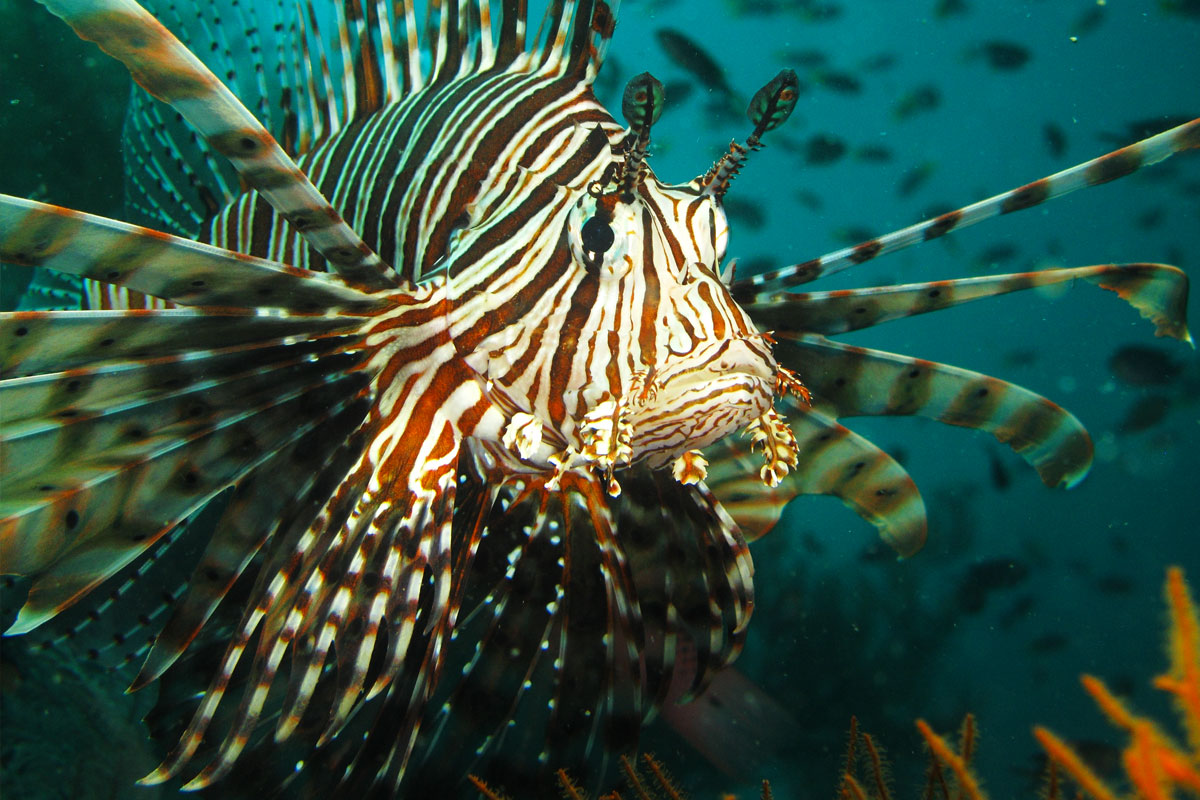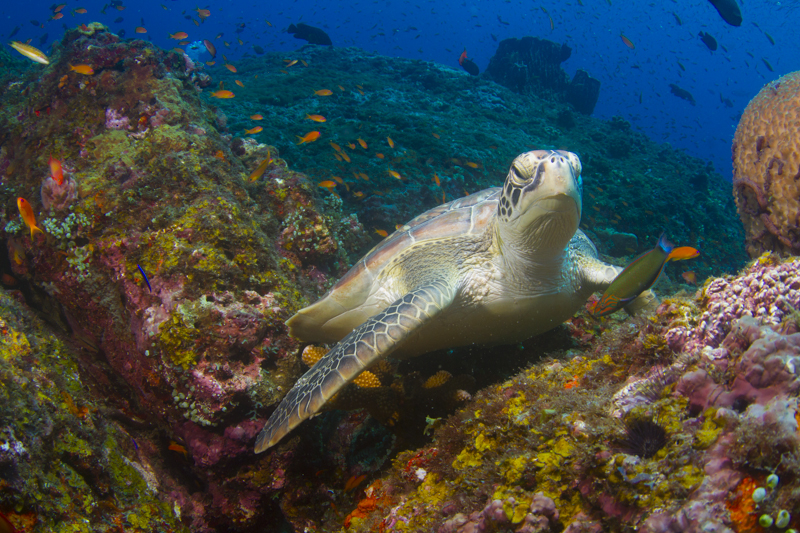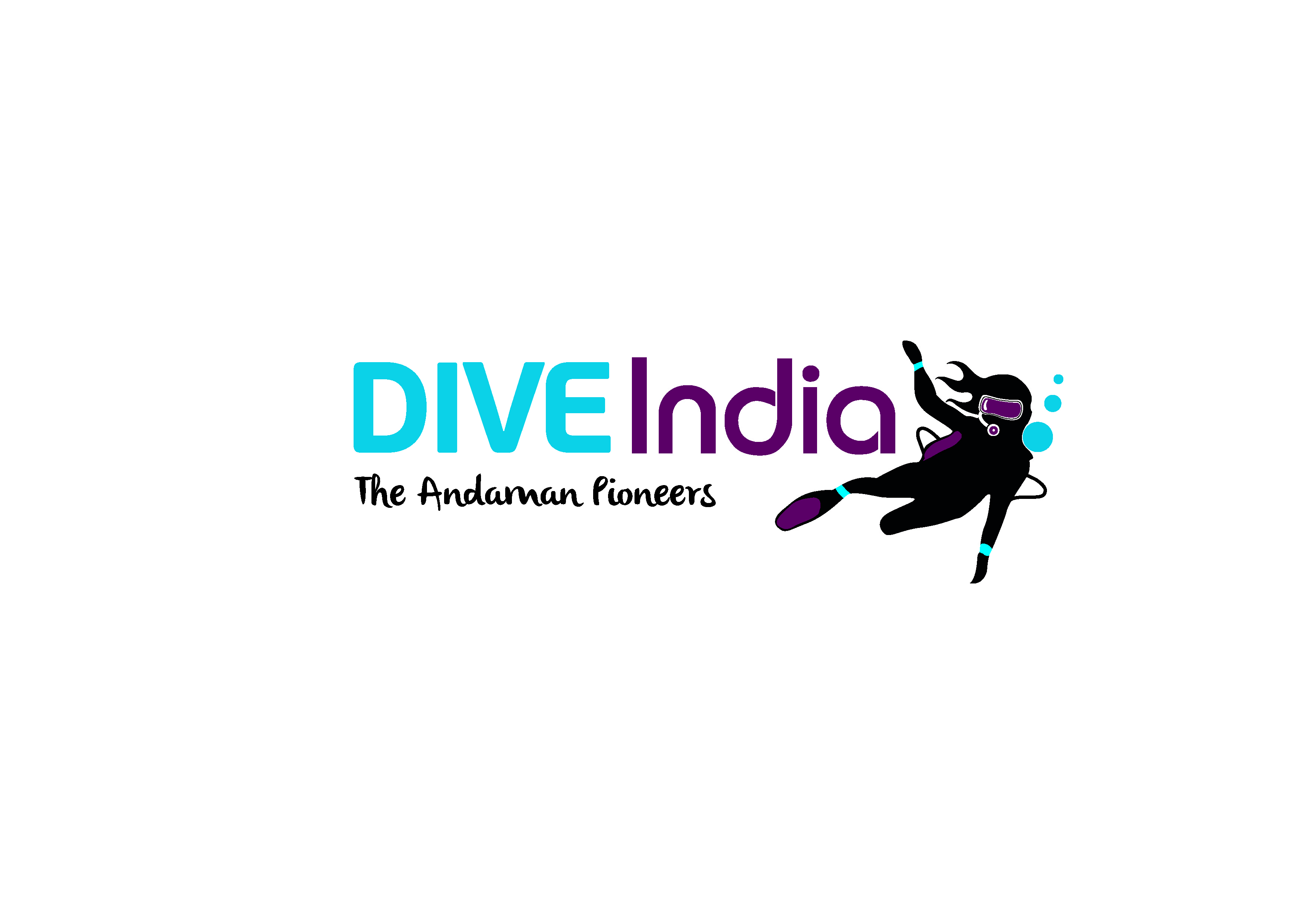
Should i learn to scuba dive – Get certified?/ Why get certified when you can do a DSD
Most visitors who come to the Andamans do try an introductory scuba program such Try Scuba / PADI Discover Scuba Diving and find it an amazing experience. But many of them are not aware that there is also the option to become a certified diver, the benefits of doing so or even how easy it is to get certified.
Let’s talk about the 2 basic options for beginners:
Option one to a introductory scuba diving program, be it the very basic Try Scuba or the more immersive/experience-rich PADI Discover Scuba Diving, which is designed to give people a taste of scuba. There is a dive professional in the water with you at all times, who is responsible your safety during the program.
Option two is a certification course, aka the PADI Open Water course or PADI Scuba Diver course: these are designed for people who want to take up this amazing sport in a more in-depth manner, and who want to keep exploring the oceans in different parts of the world. It consists of 3 elements: academic development, skills practice and ocean dives. At the end of this, you get a certificate which is valid for a lifetime, and which lets you dive anywhere in the world.
Sounds like a lot of work, right? I mean, you can dive as is without that certification card, so why go through all the trouble? Why not just do more introductory scuba experiences wherever you go?
Well, yes, you can. Nothing wrong with that and many people do just that.
However, the intro programs are all designed to be just that – intro. While the instructor does handle your safety in such cases, there are several things that the instructor cannot do for you. So all responsible dive centers conduct the Intro to Scuba / Try Scuba / PADI Discover Scuba Diving programs in locations where the conditions are benign, predictable and as much within the instructor’s control as possible.
For first timers, these is still a marvellous experience – virtually everyone who tries scuba for the first time comes out having experienced the “wow” factor.
But… the “wow” becomes “OMG I CANNOT BELIEVE THAT WOWOWOWOW!!!” when you get certified: it is yet another level of amazing when you are able to go deeper: the kind that sinks its claws into you and makes this a passion that you want to indulge in regularly, just like going hiking in the mountains or on safari trips.
It is surprisingly easy to get certified – you complete your theory at home, using online learning. Skills training takes 1-2 days, 2-4 hours per day, leaving the rest of the day free for other sightseeing. Then you do 4 dives over 2 days, again each day’s sessions lasting about half a day. And you are done. You don’t have to be a fantastic athlete or great swimmer either – basic swimming skills are required, average fitness (ability to walk 1-2km) and, in the event of pre-existing medical conditions, a doctor’s clearance. So in 3-4 days, you can earn a license to explore the magic of the underwater world, whereever you go.
If you live in Delhi, Bombay or Bangalore, you can even do your skills training there over a weekend – thereby requiring just 2 days to get certified!



